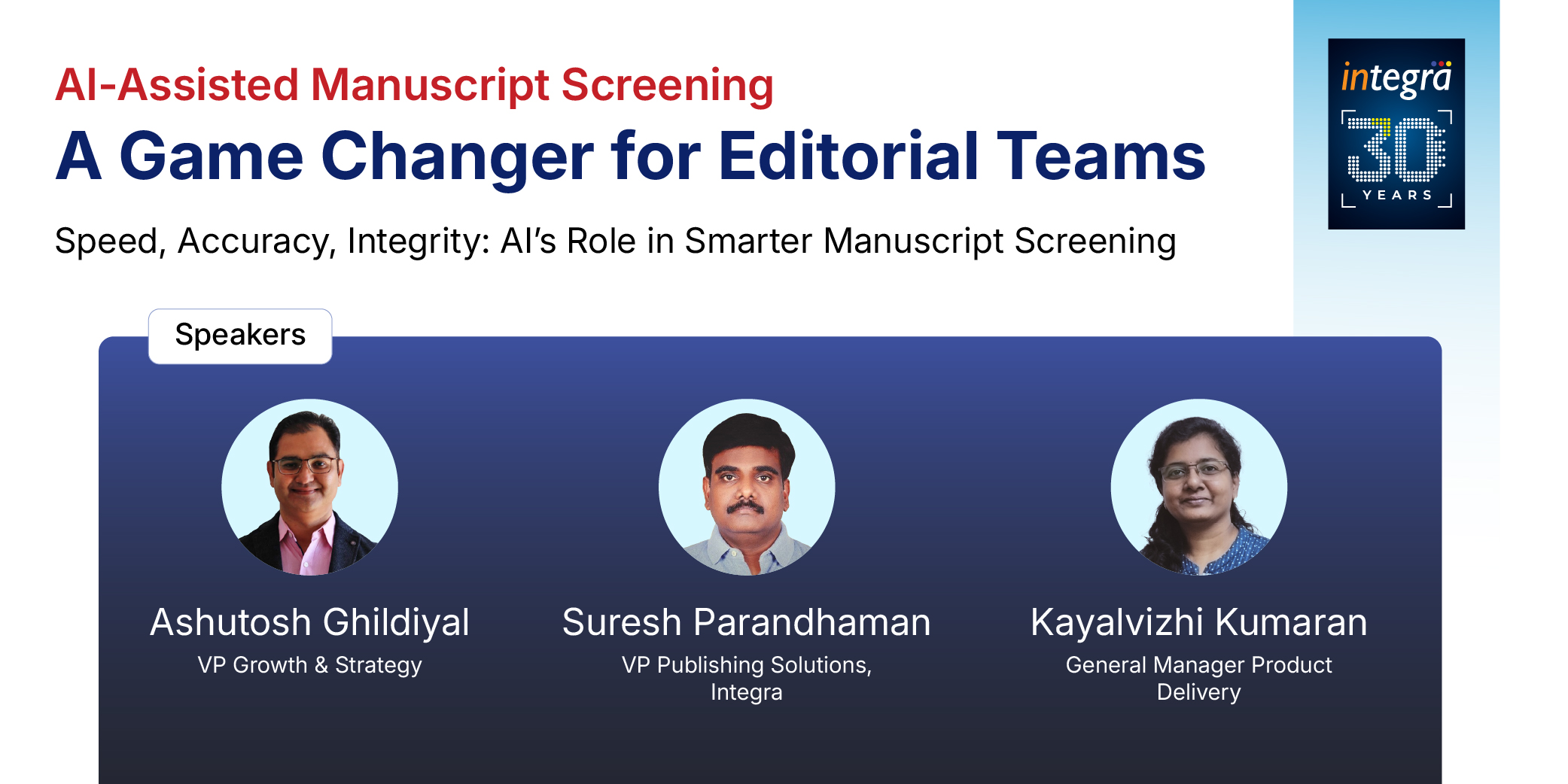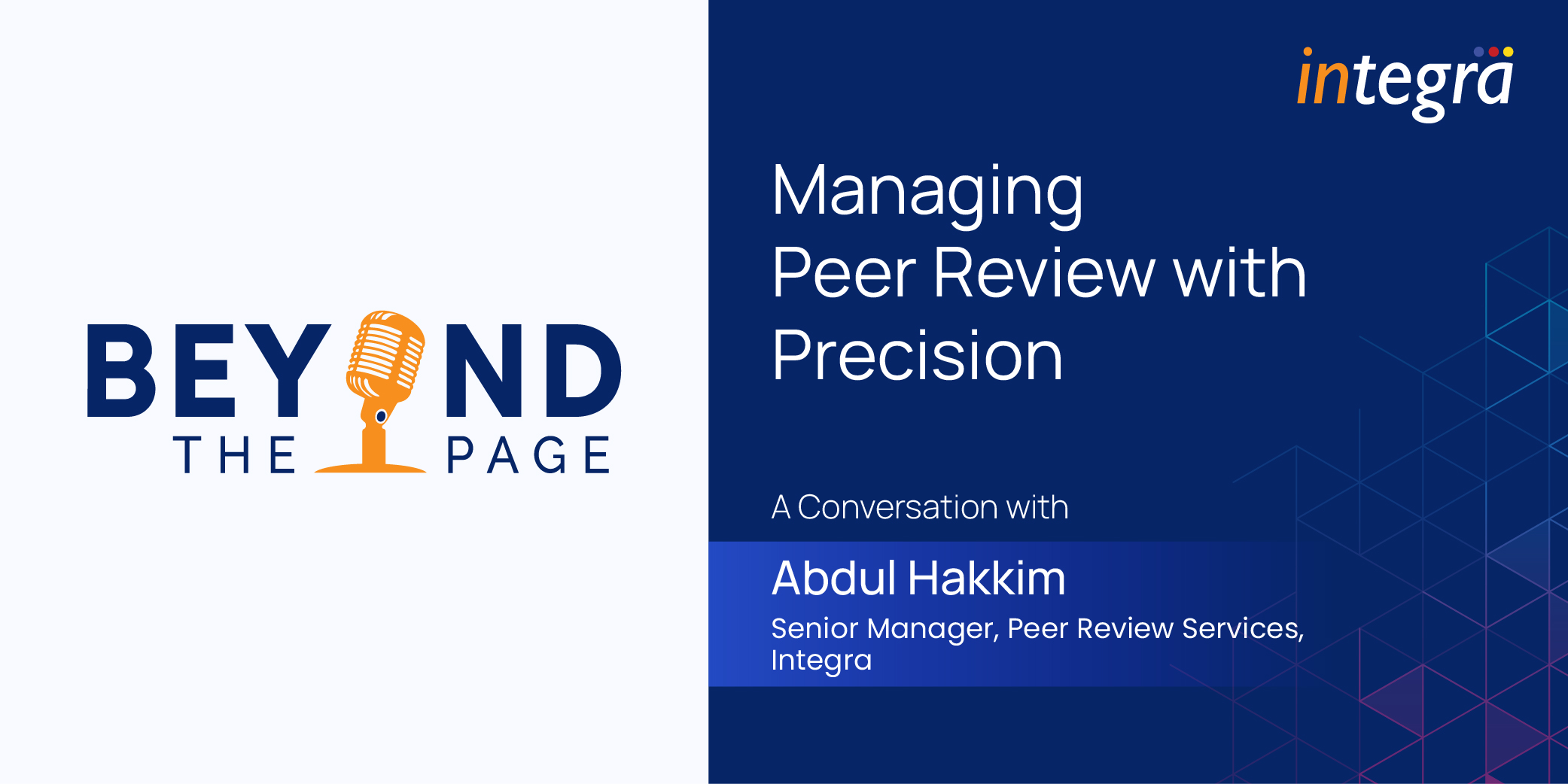Papermills: A Growing Threat to Research Integrity and Trust in Scholarly Publishing

Research integrity is the cornerstone of scholarly publishing—ensuring that academic work shared within the community and the public is credible, reliable, and ethically sound. However, in recent years, the rise of papermills has put significant pressure on this foundation, introducing a host of challenges for journal publishers and the broader academic ecosystem.
The Threat of Papermills
Papermills are fraudulent operations that produce and sell low-quality, fake, or ghostwritten academic papers. These papers often slip through the peer review process, disguised as legitimate research, only to later undermine the integrity of the journals that publish them. As the demand for publications increases and technology becomes more sophisticated, the prevalence of these unethical practices grows, presenting significant challenges to maintaining trustworthy scholarly communication.
Recent studies show that over 10,000 research papers were retracted in 2023 due to misconduct, including fraudulent activities like data manipulation, falsification, and the sale of fake research papers by papermills. The effects of this are far-reaching—tarnishing the credibility of journals, distorting the scientific record, and ultimately damaging trust in the research process.
Key Challenges Faced by Publishers
As journal publishers strive to uphold the quality and credibility of their content, they encounter numerous hurdles:
- High Submission Volumes: The sheer number of manuscripts being submitted strains the peer review process, making it difficult to maintain the level of scrutiny required to detect fraudulent papers.
- Author Misconduct: False authorship claims, undisclosed conflicts of interest, and manipulated peer reviews remain widespread.
- Limited Reviewer Pool: The shortage of qualified reviewers forces overburdened experts to evaluate too many papers, which compromises the integrity of the review process.
- Peer Review Rings: Collusion among authors and reviewers creates a closed system that can easily circumvent traditional checks and balances, making it difficult to identify biased or unethical review processes.
- Technological Advancements: The increasing use of AI-generated text and other automated tools poses new challenges for detection, enabling the creation of content that can easily bypass conventional plagiarism checks.
How Integra Supports Scholarly Publishers in Combating Papermills
At Integra, we understand that the rise of papermills and other unethical practices poses a significant threat to scholarly publishing. That’s why we have developed a comprehensive suite of Research Integrity Services designed to help publishers protect their reputation, maintain high ethical standards, and safeguard trust in the research process.
Our solutions combine AI-driven efficiencies with expert human oversight, ensuring that both technology and subject matter expertise are leveraged to identify and address research integrity issues at every step.
Integra360: Comprehensive Integrity Audit
Our flagship offering, Integra360, is an end-to-end research integrity audit solution designed to help publishers detect and prevent unethical practices across the manuscript submission process. It covers:
- Duplicate Submission Detection: Identifying manuscripts that have been submitted to multiple journals or have overlapping content with previously published works.
- Authorship Verification: Ensuring that authorship claims are legitimate and not fabricated.
- Papermill Identification: Detecting suspicious activity patterns that may indicate involvement with papermills.
- AI-Generated Text Analysis: Flagging content generated by artificial intelligence or automated tools that may not adhere to the ethical standards expected in academic publishing.
- Ethical Compliance Reviews: Conducting in-depth ethical assessments to ensure that manuscripts meet the highest standards of academic integrity.
Detecting Peer Review Manipulation
One of the most effective ways papermills infiltrate reputable journals is by manipulating the peer review process. Integra’s Research Integrity service identifies manipulations like:
- Fake reviewer identities
- Peer review rings or collusion between authors and reviewers
- Unusual submission patterns that may indicate fraudulent activity
Through detailed analysis of submission behaviors and reviewer identities, we help ensure that the peer review process remains transparent and fair, protecting both the journal’s credibility and its authors.
Enhanced Plagiarism and Text Integrity Check
Our Advanced Plagiarism Detection system goes beyond simple text similarity checks. By combining AI with human editorial judgment, we analyze manuscript content for originality and contextual integrity, identifying any potential issues with copied text or data manipulation.
Papermill Detection and Image Screening Services
Integra’s expertise extends to the detection of papermills in their various forms. We specialize in:
- Identifying Suspicious Manuscripts: Our systems flag patterns of behavior indicative of papermill operations, such as unusual author changes or inconsistencies in manuscript submissions.
- Image Forensics: We use advanced tools and expert reviewers to detect alterations in digital images—such as micrographs or Western blots—that could indicate manipulated data.
Citation Manipulation Detection
Papermills often engage in citation manipulation, either by forcing authors to excessively cite their own work or coercing other researchers into citing their papers to artificially inflate impact. Integra’s Citation Detection tools ensure that citation practices are accurate, transparent, and in line with ethical research standards.
Preserving Trust in Scholarly Publishing
The increasing prevalence of papermills presents a serious challenge to the integrity of the research community. However, by implementing Integra’s Research Integrity Services, publishers can:
- Detect and address misconduct early in the publication process
- Enhance the credibility of their journals and protect their reputation
- Streamline the peer review process with automated checks and human oversight
- Preserve trust in scholarly publishing, ensuring that published research is accurate, reliable, and ethically sound
At Integra, we are committed to supporting journal publishers in navigating the complex landscape of research integrity. With our advanced automation and expert-driven solutions, we help publishers maintain the highest standards of ethics, ensuring that every manuscript published upholds the integrity of the scientific record.
Let’s talk about how Integra can help safeguard your journal’s reputation and preserve trust in research.
Recent Blogs




